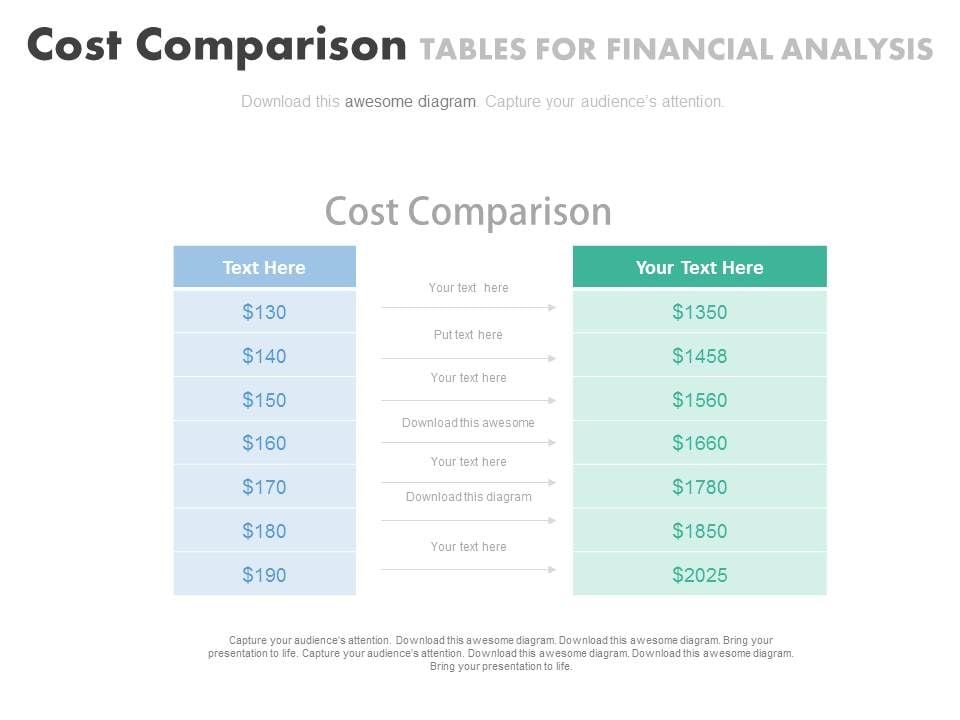Real Talk: DeepSeek is Cheap But Your Time Isn't Free
I'll be straight with you - I started this comparison because our monthly OpenAI bill went from $300 to $2,400 overnight. Some genius on our team forgot to implement rate limiting on our new feature. After that disaster, the CTO told us to find something cheaper or start updating our resumes.
The Cache Hit Lottery Nobody Talks About

DeepSeek's marketing screams about $0.07 cache hits, but they bury the $0.56 cache miss rate. Here's what they don't tell you: achieving consistent cache hits is like winning the lottery.
I wasted three weeks debugging what were supposedly "optimized" prompts because our cache hit rate was stuck around 23%. The official docs make it sound automatic, but it's not. You need identical context prefixes, same model version, and getting consistent cache hits is like trying to win the lottery with a scratch-off ticket.
Meanwhile, our actual costs looked something like this:
- Week 1: Something like $340... maybe $350? Stopped tracking exactly after the first disaster
- Week 2: $180-ish (figured out prompt optimization)
- Week 3: $95... wait, $102? Fuck it, it was under a hundred
Compare that to GPT-4o where $5.00 input/$15.00 output is what you pay, period. No gambling on cache performance.
Response Times That Make You Question Life Choices
GPT-4o responds in 2-3 seconds. Claude Sonnet 4 takes maybe 4-6 seconds. DeepSeek? I timed it averaging around 12 seconds for reasoning mode, with some queries hitting 20+ seconds when the stars align wrong.
That doesn't sound bad until your users start complaining. "Why is the AI feature so slow?" becomes the #1 support ticket. I spent more time explaining API latency to the product team than I did actually optimizing the integration.
For batch processing? DeepSeek is amazing. For real-time chat? Your users will hate you.
The Integration Hell You Don't See Coming

DeepSeek's Python SDK worked... mostly. But their error messages are garbage. Instead of "Rate limit exceeded," you get HTTP 429s with error messages like "请求过于频繁,请稍后重试" that Google Translate butchers. Their Discord community is helpful, but good luck getting official support.
GPT-4o integration? Fifteen minutes and you're done. Claude? Maybe an hour if you want fancy features. DeepSeek? I spent two days figuring out why function calling randomly stopped working (spoiler: function calling fails silently in reasoning mode - took me 6 hours to figure out it just returns empty responses instead of throwing an error).
When DeepSeek Actually Makes Sense
Look, I'm done bitching about the caching and response times. DeepSeek saved us something like $1,800 in September once I got it working properly. Here's where it actually makes sense:
Batch processing overnight jobs: Who cares if it takes 15 seconds when you're processing 10,000 documents at 3am?
Development and testing: At $0.07 per million tokens (when cache hits), you can afford to experiment without watching your AWS bill.
Long-form content generation: DeepSeek's reasoning mode actually produces better technical writing than GPT-4o for complex topics.
The Real Cost Nobody Mentions
Sure, DeepSeek tokens are cheaper. But here's what they don't factor into their cost comparisons:
- Developer time: I spent maybe 40 hours optimizing cache performance. At whatever I cost per hour, that's probably $6,000+ of my time to save like $200/month. The math is completely fucked but the CTO only sees the API bill.
- Reliability issues: DeepSeek went down twice in September. Our weekend on-call engineer had to switch everything to GPT-4o backup.
- User experience: Slower responses mean higher bounce rates. Hard to quantify, but real.
The Honest Recommendation
Use DeepSeek for batch processing, content generation, and development. Keep GPT-4o for real-time user interactions. Use Claude when you need the sweet spot between cost and performance.
Don't chase the cheapest option without considering total cost of ownership. Sometimes paying $5.00 per million tokens is worth it for the peace of mind.